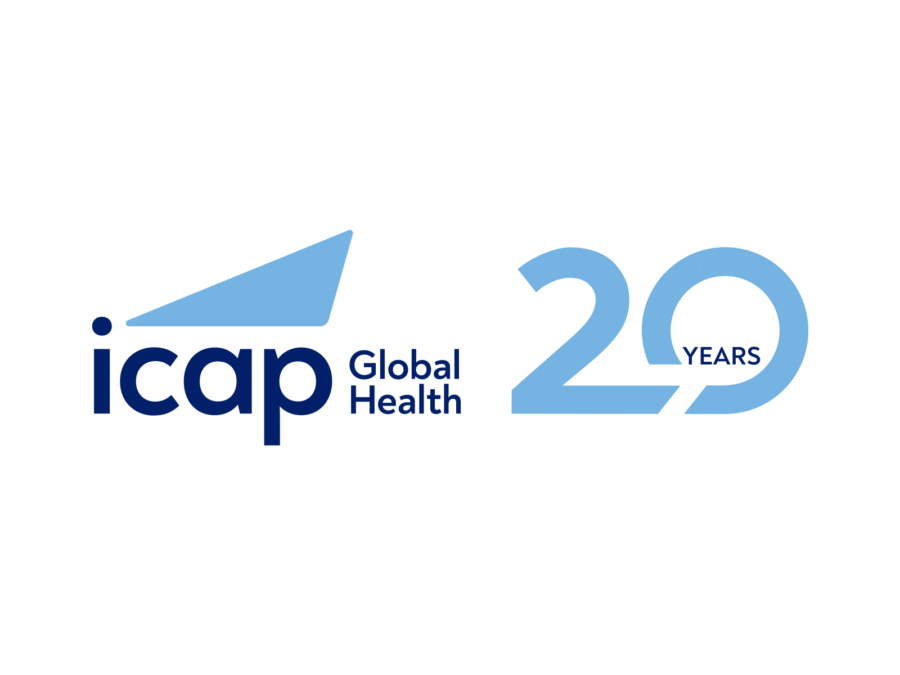Today, survey teams for the PHIA Project are at work in three countries and have tested more than 53,000 people for HIV. Funded by PEPFAR through the CDC, this multi-year project to conduct population-based HIV-impact assessments (PHIAs) will provide critical information on the state of the HIV epidemic in these countries and help shape policies and programs to confront the epidemic.
Currently, PHIA survey teams are conducting thousands of interviews and HIV tests as they travel throughout Zimbabwe, Malawi, and Zambia in 4×4 trucks loaded with supplies. Every single item the teams use, from butterfly needles and vacutainer tubes to clipboards and pens, has arrived in their hands through months of meticulously planned procurement, transport, and inventory management. As the project prepares to start new surveys in Uganda, Tanzania, Swaziland, and Lesotho, logistics are a central focus of activities. “The project requires a unique combination of team talent, as well as supplies, and that must be available for consumption at remote locations,” says Charles Wentzel, ICAP’s PHIA regional procurement and logistics advisor.
Nearly every aspect of the survey fieldwork, including transportation of teams, laboratory testing, and training, relies on well-functioning equipment and adequate supplies to meet the survey targets. Given the scale of the project, which will survey between 20,000 and 30,000 people in each country, precise coordination is essential to delivering everything when and where it is needed. “There is a lot of information needed well ahead of time,” says Wentzel. Since most items are procured internationally, orders must be placed far in advance. The team factors in three months for shipping by sea, as well as customs clearances.
For each PHIA country, the ministry of health, the CDC, and ICAP work together to complete a planning worksheet. The team enters information onto the worksheet such as the number of households, expected HIV prevalence, specific lab tests, survey team composition, number of satellite labs, number of vehicles, and other parameters, and the worksheet then calculates the quantity needed for each item. David Hoos, PHIA project director, recalls that “ICAP first implemented a complex procurement tool during the implementation of the MTCT-Plus Initiative in 2002, for antiretroviral medication quantification.”
In some cases, mobile laboratories must be procured. This is necessary when blood samples will be collected from participants who are too far from any existing lab to meet the cold-chain or “arm-to-freezer” time requirements. In Zambia ICAP is using mobile laboratories which can process specimens and are equipped with refrigerators to ensure the samples and supplies are kept cold.
A customized logistics plan is necessary for each country and it reflects geography, weather, cultural, and political factors. Each factor may affect the specific equipment and supplies needed, the timing of the survey and transport of samples back to the lab, and time needed for customs clearance of imported supplies. Wentzel adds that, “addressing urgent or unforeseen challenges like delays, really comes down to the capacity of our team and the capacity of our system. Our team is experienced and can handle emergencies because they know what needs to be done.”
At the country level, the local logisticians are often lab technicians who understand the unique properties of PHIA supplies, particularly cold-chain items that may spoil. These technicians are trained in logistics functions and warehouse procedures. Some products have long production lead times, yet short expiry dates, further complicating the efforts to avoid ruptures in stock. Distribution of supplies is planned at multiple levels, with the warehouse providing stock to labs, and labs ensuring the field teams are fully equipped.
Tracking inventory is an essential function for the logisticians. The tracking mechanism itself is a user-friendly online system through which the in-country warehouse officer makes updates. Multiple people can access this in real time, so it allows simultaneous updating and tracking. The real-time aspect of the system is crucial for ensuring the field teams can work and move efficiently.
As the PHIA Project expands operations further, with four more countries starting data collection in 2016, the logistics teams are constantly implementing lessons learned. “We’re strengthening systems and enhancing ease of use for the upcoming surveys,” says Wentzel. “The system is changeable and we can make adjustments according to need.”
The PHIA Project is a multi-country initiative to measure the reach and impact of HIVprograms in PEPFAR-supported countries and guide policy and funding priorities.








